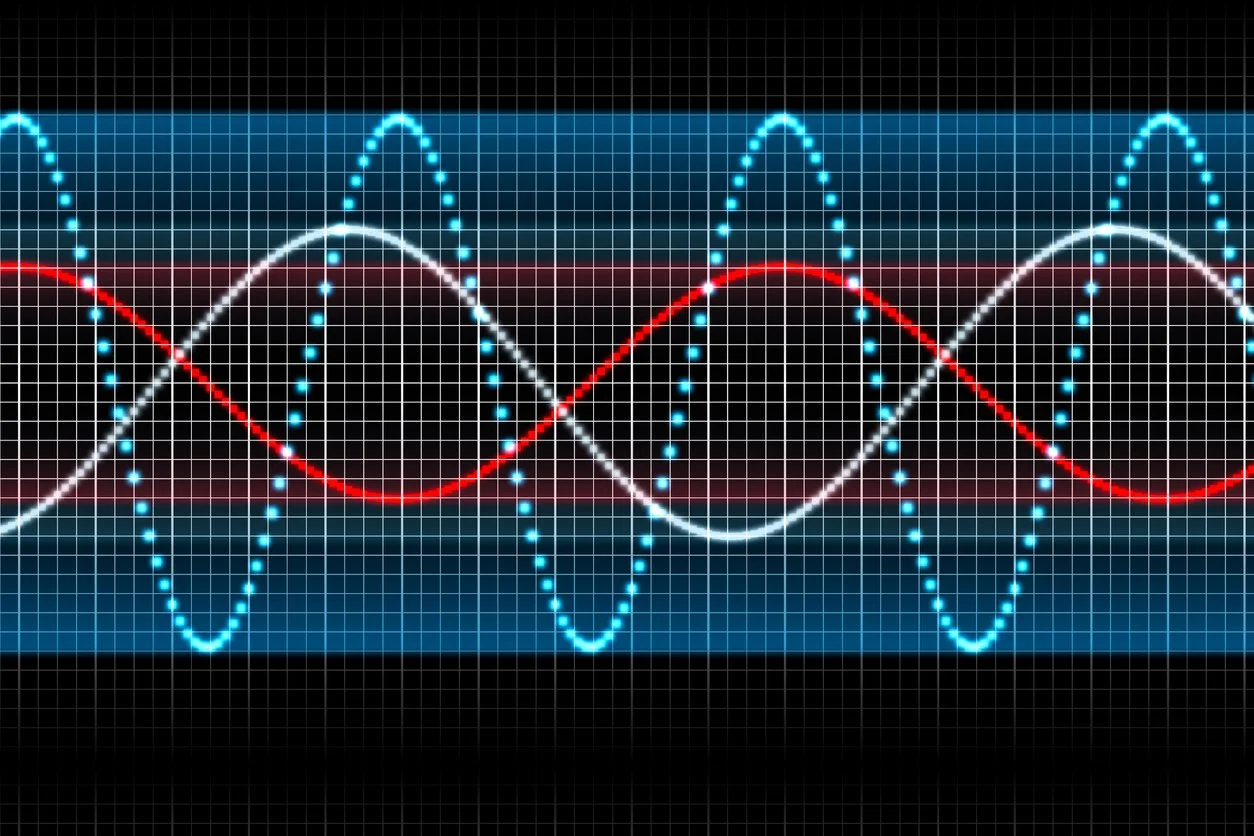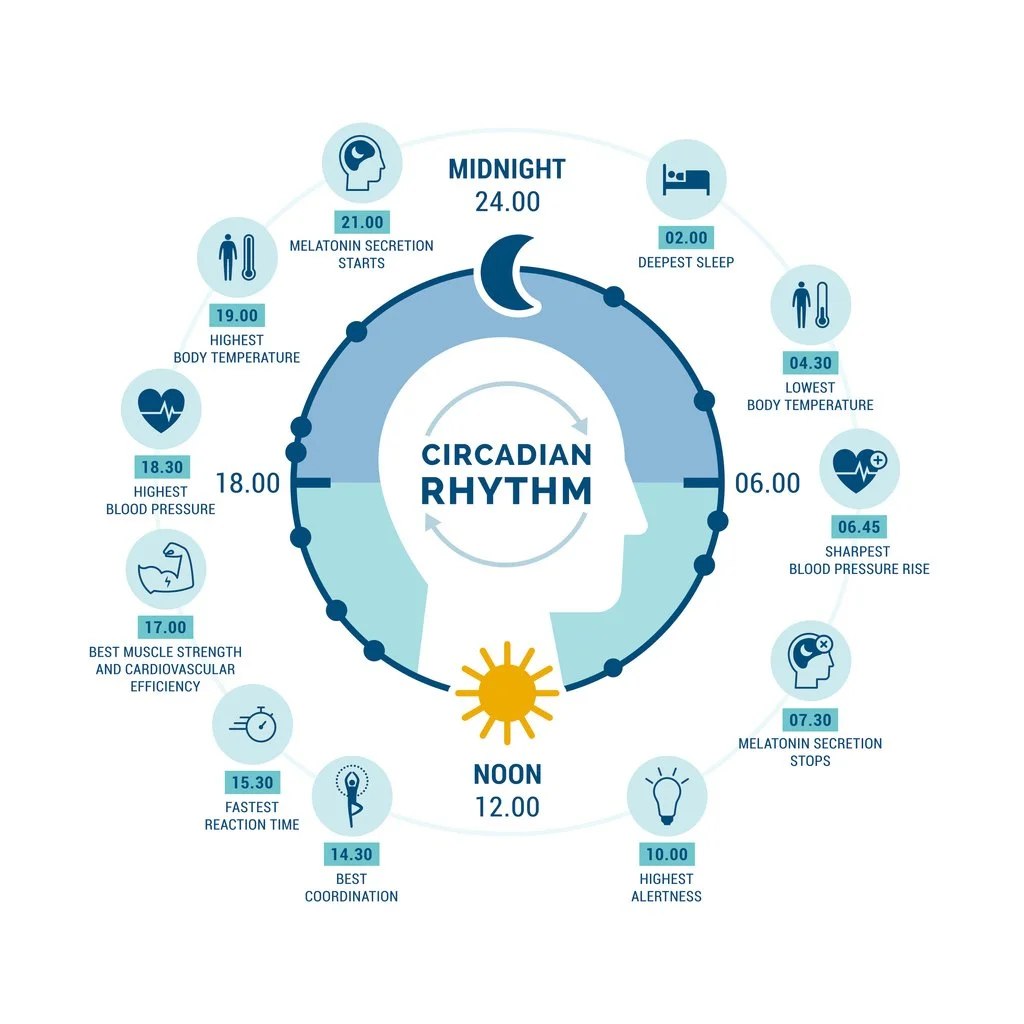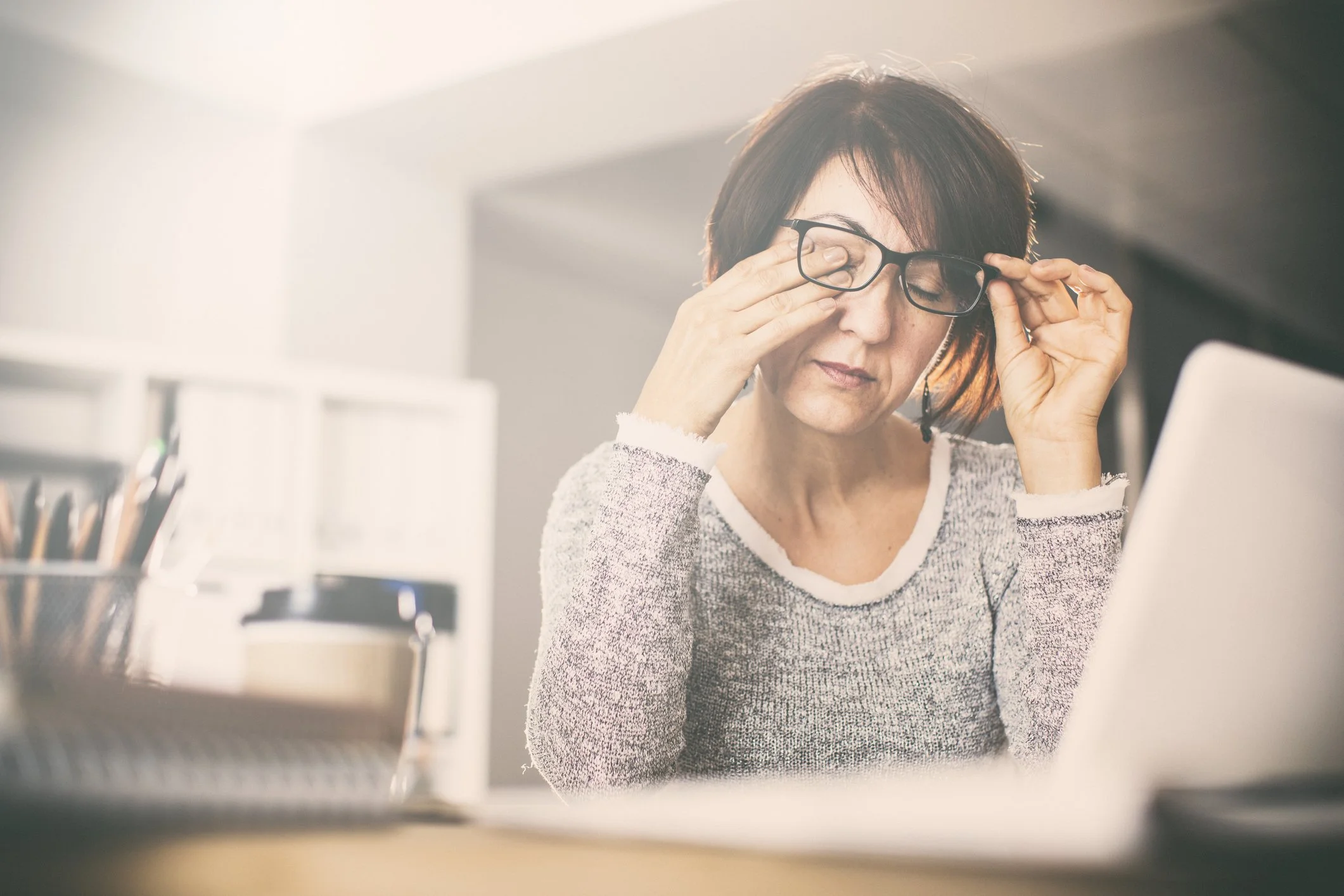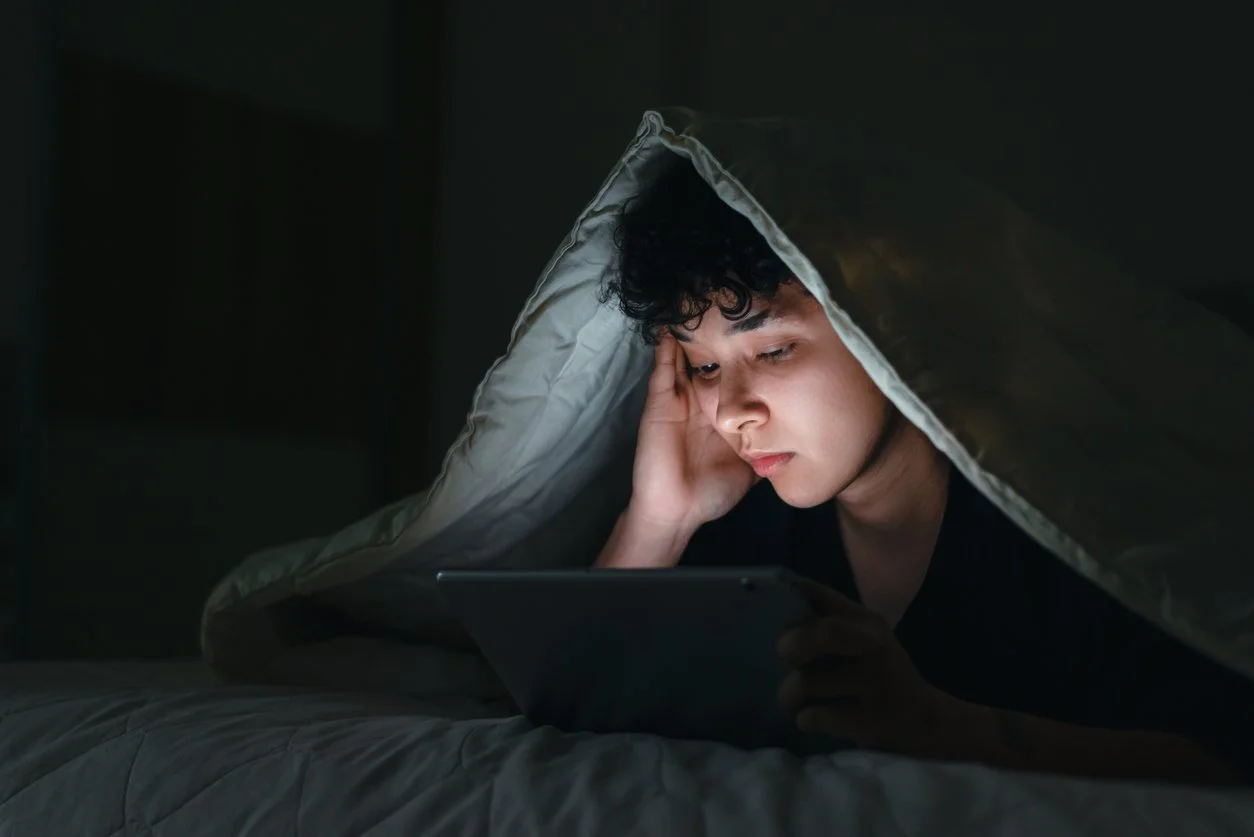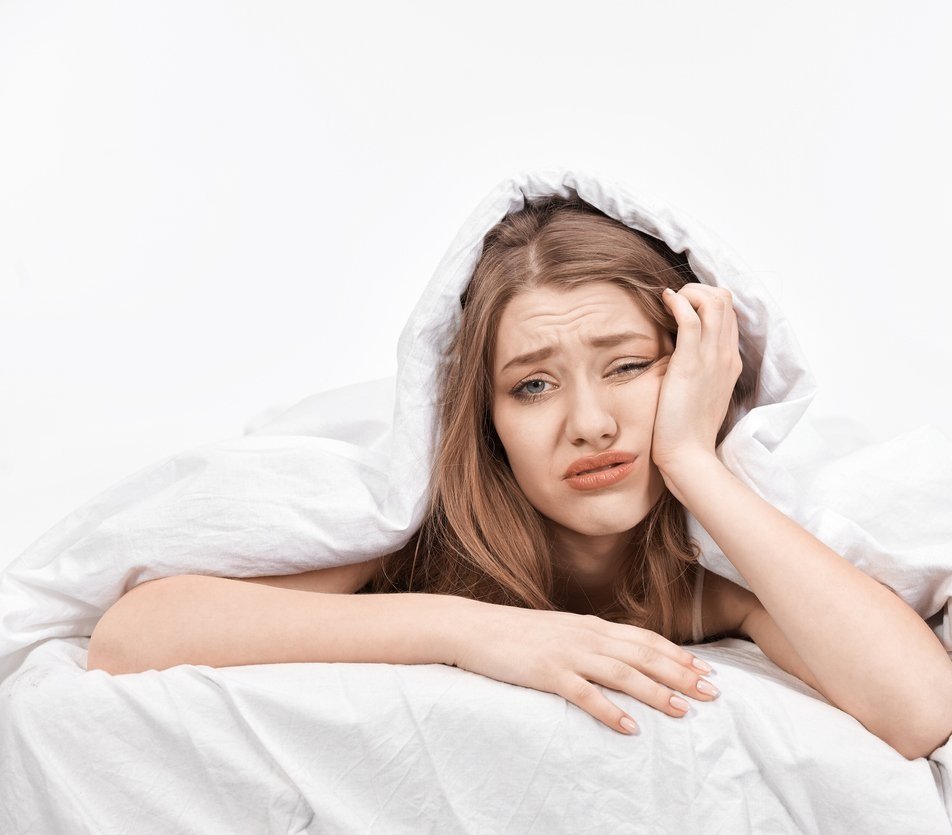
Insomnia
“Sleeplessness is a desert without vegetation or inhabitants”
~ Jessamyn West
What do you mean by "Insomnia"?
Insomnia means "without sleep". Many people fail to get a good night's sleep - seemingly lying awake all night watching the clock crawl towards morning.
Clinical insomnia can be distinguished from restricted sleep by the degree of difficulty getting to sleep or maintaining sleep, and tends to be a symptom of a problem with many possible causes. Insomnia is broadly divided into sleep-onset insomnia (difficulty getting to sleep), or sleep-maintenance insomnia (difficulty staying asleep).
Many people suffer both those problems at the same time. Generally, (and paradoxically), insomnia is also associated with persistent fatigue or tiredness throughout the day.
It is not uncommon for people to experience difficulty with their sleep at some point in their lives, especially during times of stress or crisis. But situational insomnia should be short-lived and resolve once the stress or crisis has passed.
Chronic insomnia lasts longer than three months and usually requires some form of treatment for the problem to be resolved. Insomnia can be a symptom or complication of underlying medical problems such as chronic mood disorders or physical pain; or sleep disorders such as Periodic Limb Movement Disorder or Delayed Sleep Phase Disorder.
Insomnia is often described in terms of “The three P’s of Insomnia” which refer to the predisposing factors (your physiological/genetic predisposition to develop insomnia), the precipitating factors (those things that might have triggered this particular bout of insomnia), and the perpetuating factors (the things maintain the insomnia pattern of sleeplessness).
Sleep Well Clinic testing and treatment programmes are designed to help identify those factors to help develop an individualised solution that will work for you.
How does Sleep Well Clinic assess insomnia?
For most of our insomnia patients, we provide a home-based sleep test followed by a consultation with one of our sleep experts to discuss the sleep test results and to offer a treatment programme that is based on your personal sleep history and the results of the sleep test.
We personalise the approach for each individual, but most commonly we send out a small 24-hour Heart Rate Variability (HRV) monitor to use at home, that lets us record your stress levels (sympathetic nervous system) and relaxation levels (parasympathetic nervous system) during the night when you are trying to sleep. We continue recording stress levels and relaxation levels throughout the following day until bedtime the next night.
This is helpful for us to get a clear picture of how your body is reacting during the day vs the night. It can help point to things like your internal body clock being out of sync (circadian misalignment) or that you might be experiencing increased stress just before or even during sleep. Both these problems are common reasons for difficulty getting to sleep or staying asleep.
How does Sleep Well Clinic treat insomnia?
We discuss treatment at the consultation, so it is always personalised for you based on your individual sleep problems and your sleep testing.
Treatment will often be based on Cognitive Behaviour Therapy for Insomnia, (CBTi) informed by our understanding of sleep physiology.
Other commonly used treatments include Chronophysiology Therapy which emphasises circadian alignment or amplification programmes thorugh use of scheduled light therapy and vasodilation with each programme guided by our Clinical Support Team and experienced Sleep Physiologists.
Sometimes we can discover other underlying sleep problems which might need to be treated alongside the insomnia. These include obstructive sleep apnoea, upper airway resistance syndrome, sleep walking, night terrors, nightmares, narcolepsy, restless leg syndrome, and shift work syndrome.
Sleepless nights, exhausted days.
Daytime sleepiness is the most common and debilitating complication of sleep disturbance arising from difficulty initiating or maintaining sleep. The same amount of sleep disturbance will affect different people in different ways.
Insomnia can have a significant impact on relationships. Tired people tend to be more irritable and short-tempered than people who have regular healthy sleep.
Insomnia affects many people. Some studies have reported 49% of adults surveyed from the general population have brief periods of difficulty sleeping. About 10% of adults have insomnia lasting longer than two weeks at a time, such that it is a significant problem affecting their lives.
Insomnia is frequently a symptom of illness, severe stress, or a primary sleep disorder. Sleep Well Clinic provides a range of tests and comprehensive medical consultation to help decide which treatment is most likely to provide a long-term solution for you.
Delayed Sleep Phase Syndrome
Delayed sleep phase syndrome (DSPS) is similar to jet lag or shift work, except that it doesn't go away over time.
Sufferers have difficulty falling asleep before the small hours of the night, and find it almost impossible to wake early in the morning.
People who have DSPS can appear to be "night owls" and will function normally if allowed to sleep through until they get a full 7 or 8 hours of sleep, however this is often socially difficult due to school or work commitments.
This is very common in teens and young adults, and is often mistaken for “bad sleep habits” with social media or gaming, or willfully “not getting up in the morning”. It can be treated successfully, but NOT by forcing the sufferer to just “get-up” earlier!
